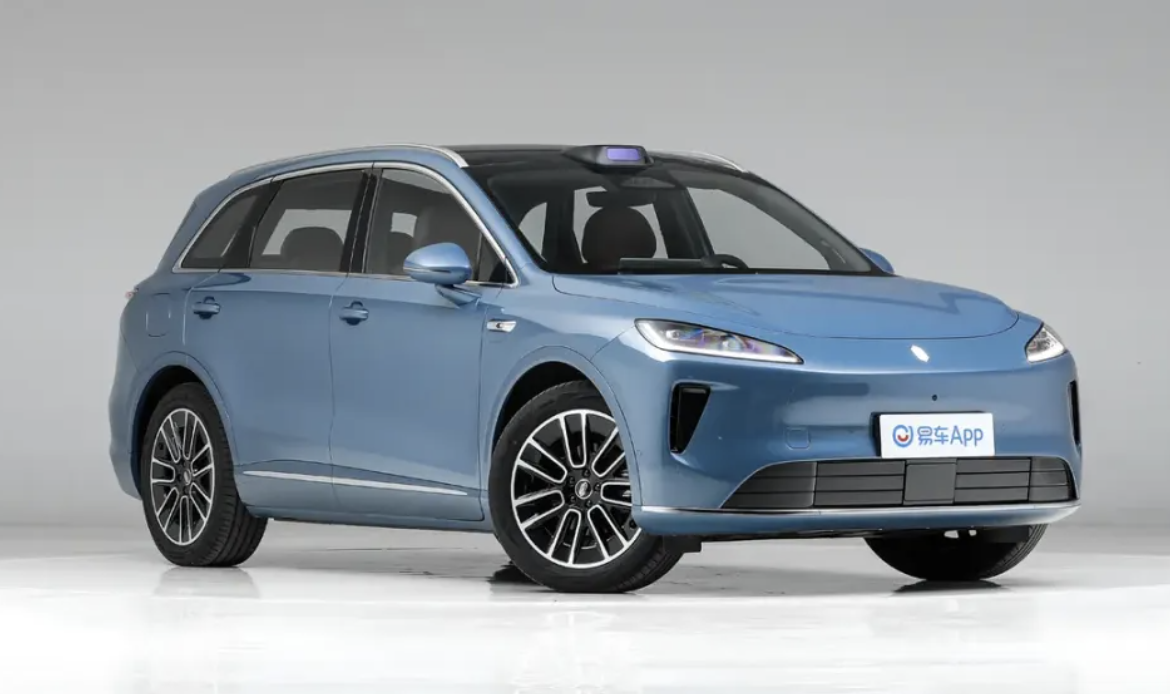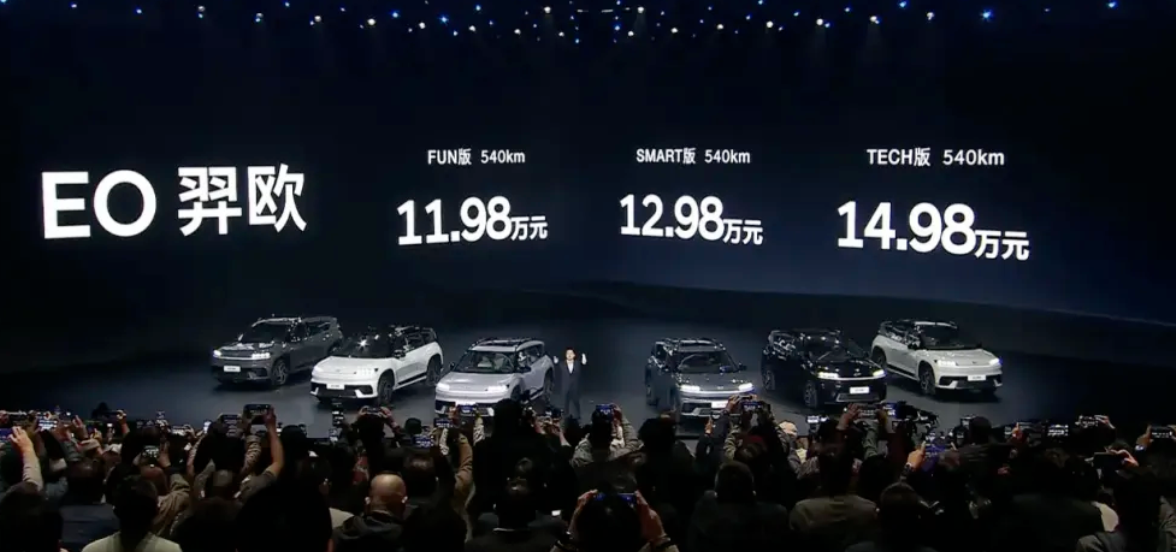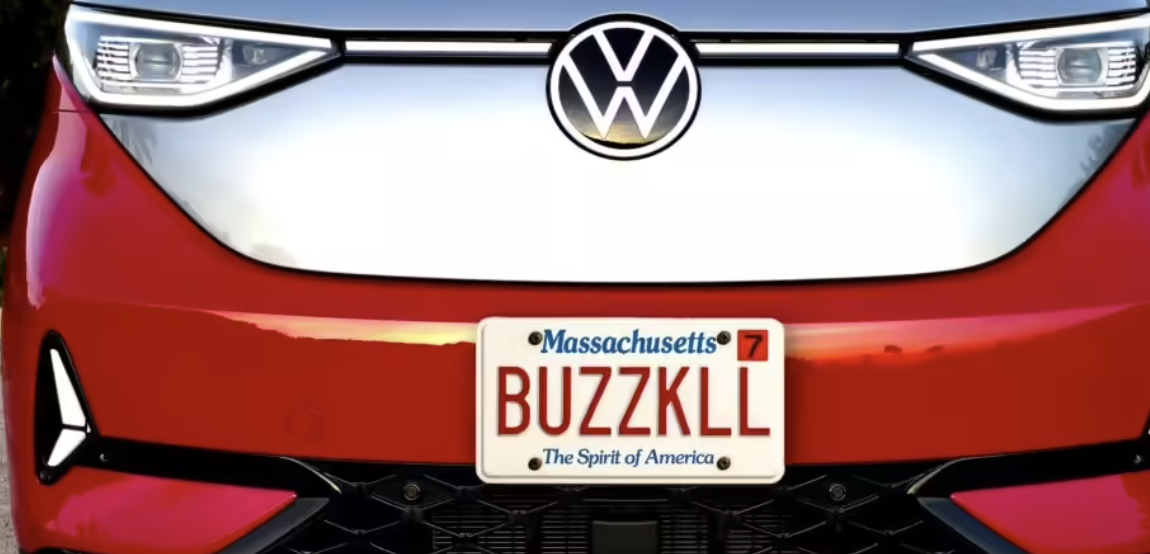Recently, according to media reports, the Canadian union Unifor has called for tariffs on Chinese imported electric vehicles. It demands that Canada impose a surcharge on Chinese-made electric vehicles on the basis of the existing 100% tariff rate, a 25% surcharge on batteries, and tariffs on the import of electric motors and battery materials.
It is worth noting that last month the Canadian government also launched a 30-day public consultation to discuss imposing tariffs on Chinese imported electric vehicles. Currently, as the end time of the public consultation approaches, in the near future Canada may introduce new tariff measures. The Canadian government once said about the tariff on Chinese electric vehicles: If not controlled, China’s unfair support for electric vehicles may lead to a sharp increase in Canada’s imports, which will have a negative impact on Canada’s electric vehicle investment plans and automotive transformation.
In June this year, the European Union suddenly announced an increase in tariffs on Chinese auto companies. The official document released stated: Unable to reach a solution with the Chinese side, it will start to impose temporary tariffs on electric vehicles from China on July 4. According to the document, tariffs of 17.4%, 20.0%, and 38.1% will be imposed on BYD, Geely Automobile, and SAIC Motor respectively. For Chinese automakers participating in the survey but not sampled, a tariff of 21% will be imposed, and for Chinese electric vehicle manufacturers not cooperating in the survey, a tariff of 38.1% will be imposed.

At that time, in response to this news released by the European Union, SAIC Motor responded and said: “In the future, SAIC Motor will continue to maintain an open communication and cooperation with global partners. I will closely follow the development of the situation and take all necessary legal and commercial measures to effectively protect its legitimate rights and interests and the interests of global customers.” Geely Automobile responded and pointed out: This decision is a wrong decision, and imposing tariffs will damage Europe’s own interests and also hinder the development of China-EU economic and trade.
On July 4, the European Commission issued a notice, deciding to levy a temporary anti-subsidy tax on imported electric vehicles from China as of July 5, with a maximum period of 4 months. During this period, EU member states will vote to decide the final anti-subsidy measures. If it is passed, the EU will officially levy a 5-year anti-subsidy tax on Chinese electric vehicles. On July 15, the EU held a vote on the plan to levy a temporary tariff on Chinese-made electric vehicles. According to the disclosure of British and American media, the 27 EU countries have already conducted the first round of secret voting. The voting result was 12 countries in favor, 4 countries against, and 11 countries abstaining. If the EU member states continue to maintain such a voting intention in the future, it also means that by November, the EU tariff increase decision will officially take effect, with a time limit of five years.
Previously, the opposition to the EU’s proposed tariff on Chinese electric vehicles has also triggered opposition from people inside and outside the industry, and even many CEOs of auto companies have come out to speak. For example, the German Minister of Transport, Wissing, once pointed out that the EU’s behavior of imposing tariffs is a “destructive approach” and should seek a solution through dialogue to promote competition rather than create obstacles. The CEO of BMW Group, Zipse, pointed out: “The relevant practices of the European Commission simply don’t work. It not only cannot improve the competitiveness of European automakers but may also damage those enterprises that are actively conducting business globally. A spokesman for Volkswagen has also said: For the current weak demand for pure electric vehicles (BEV) in Germany and Europe, the timing of the EU’s decision is harmful, and the negative impact outweighs any benefits for Europe, especially for the German automotive industry.
The German Automotive Industry Association also issued a statement regarding the EU’s decision, calling on the European Commission to abandon the levy of a temporary anti-subsidy tariff on Chinese electric vehicles and solve the problem through dialogue, and work together with China to ensure an open market, ensure the security of the supply chain, and achieve environmental protection goals. The association believes that in the medium and long term, Chinese electric vehicles will not “flood” the European market. The EU’s levy of a temporary anti-subsidy tariff on imported electric vehicles from China is not in line with the EU’s interests. It will not only have a negative impact on European consumers and enterprises but also hinder the development of the EU’s local electric vehicle market and is not conducive to achieving climate goals.
This time, the move of the Canadian union calling for tariffs on Chinese imported electric vehicles, some industry-related people pointed out that due to the cold regional temperature in Canada, the country’s own electric vehicle market is not developed. The union’s behavior this time is more to convey a political signal.


